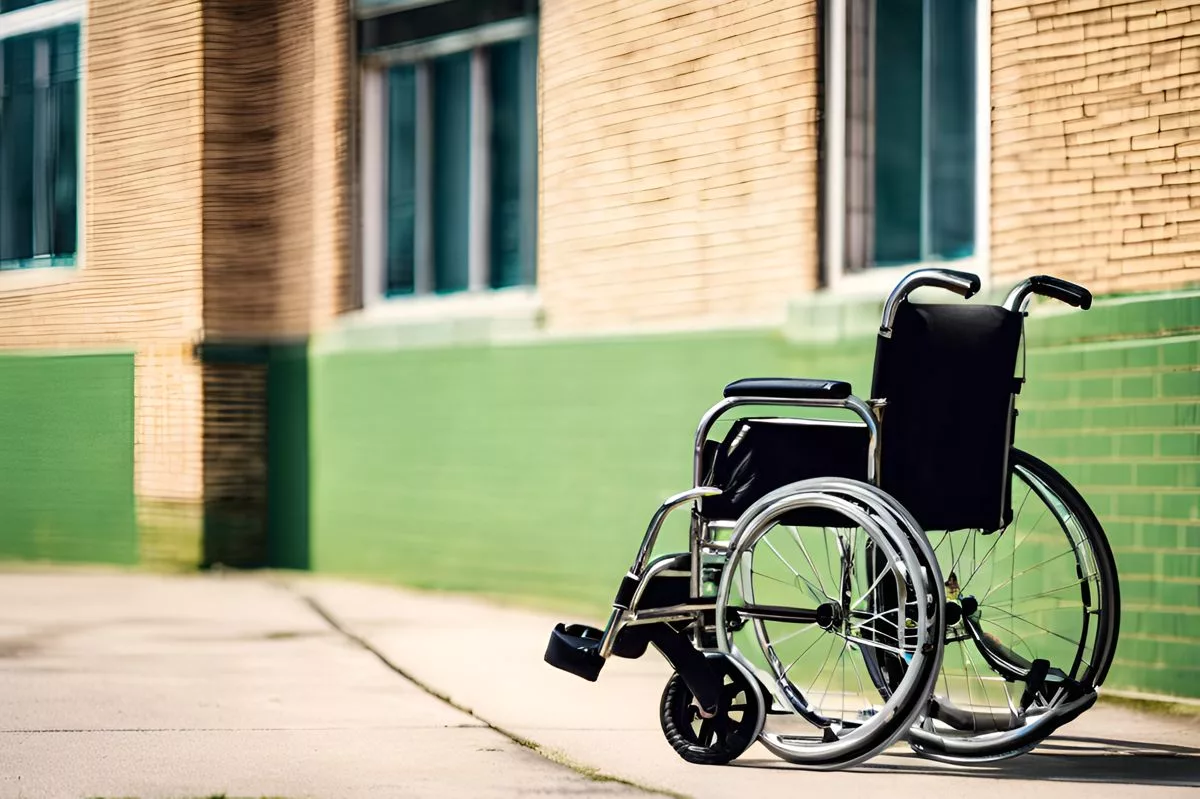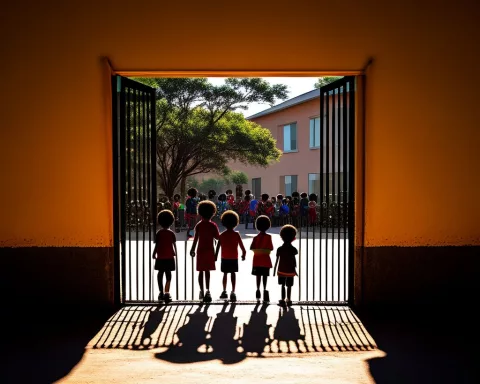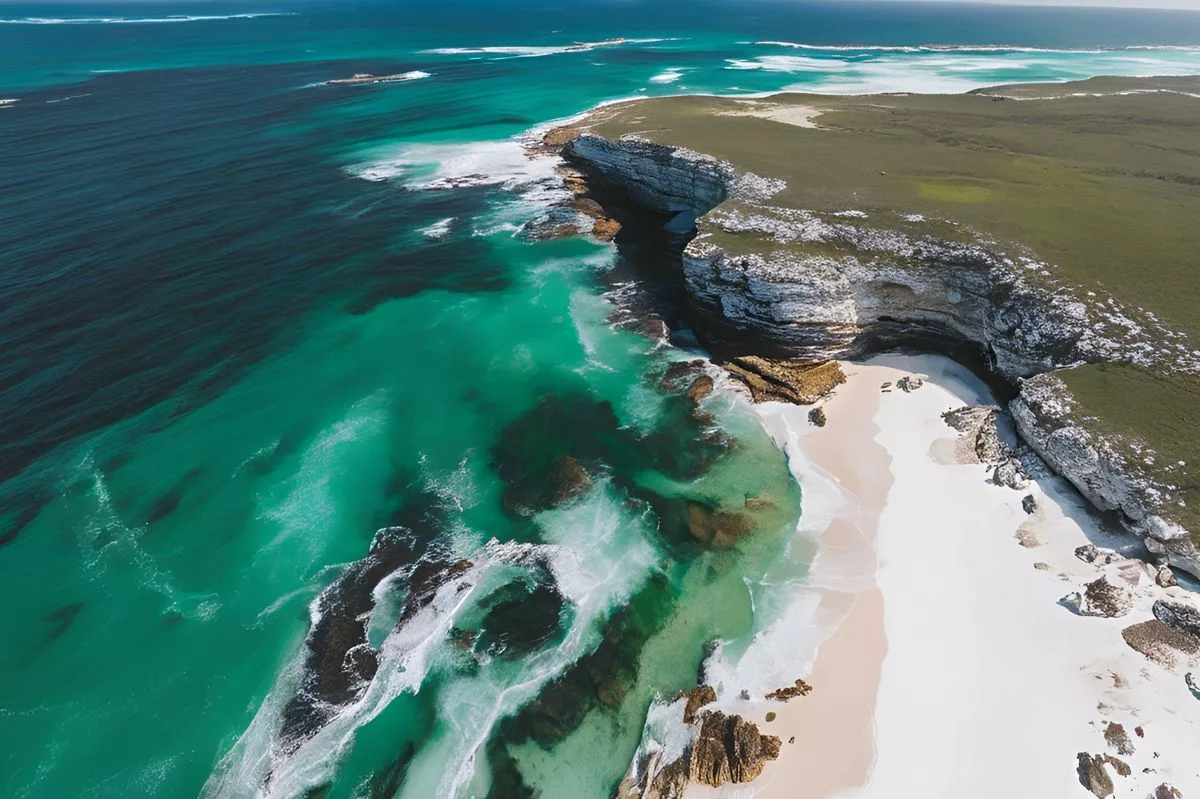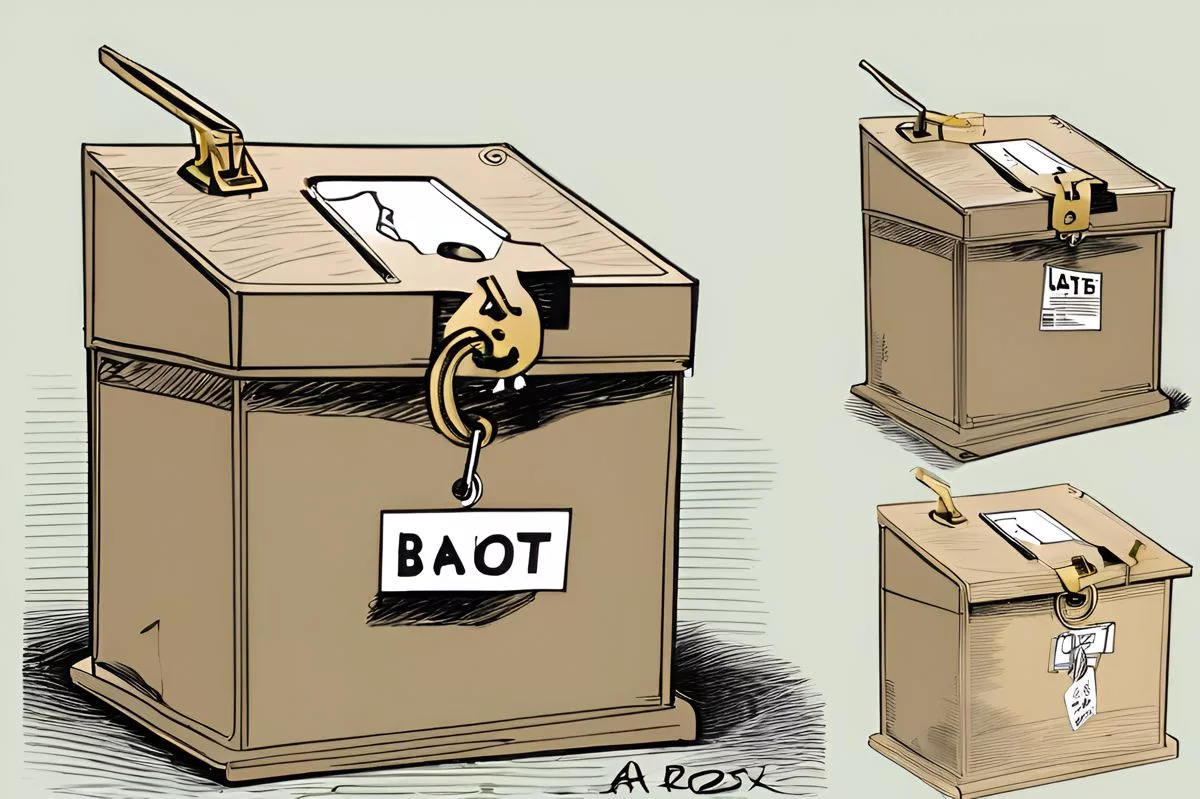The current framework governing access to services for children with disabilities is outdated, leaving thousands without access to education. The struggle for inclusive education in South Africa’s Western Cape is a constant battle against bureaucratic hurdles, scarce resources, and societal biases. While 75 specialized schools and 173 mainstream schools attempt to meet the needs of children with unique educational needs, some parents find the service insufficient. The regional government has promised additional resources, but parents continue to fight for their children’s right to an appropriate education.
The Struggle Towards Inclusive Education in South Africa’s Western Cape
In the Western Cape, 75 specialized schools and 173 mainstream schools fitted with specific facilities attempt to meet the needs of learners with unique educational needs. However, some parents find this service insufficient, leading to a constant fight against bureaucratic hurdles, scarce resources, and societal biases. The regional government has committed to additional resources, but the current framework governing access to services for children with disabilities is dispersed and outdated, leaving thousands of learners with disabilities without access to education.
The Daily Journey
As dawn breaks over the Western Cape, countless children begin their daily pilgrimage to school. For an estimated 34,000 of them, this journey is not as simple or straightforward. These students possess unique educational needs that cannot be met by the traditional academic system.
In the Western Cape, 75 specialized schools and 173 mainstream schools fitted with specific facilities attempt to meet the needs of these learners. However, some parents find this service insufficient. Their mission to secure an appropriate education for their kids becomes a constant fight against bureaucratic hurdles, scarce resources, and societal biases.
Take the case of Phumeza Hulushe, a denizen of Site B, Khayelitsha, for instance. She is the mother of a 16-year-old boy, a slow learner, who is in grade 7 for the third time this year. Despite his name being on the waiting list for a skilled school since the previous year, the prospect of getting a spot remains uncertain. The predicament has pushed him to the brink of quitting school because of the ridicule he suffers for being an older learner in his primary institution.
The Quest For Adequate Facilities
Another parent, Sibongile Mbebe from Harare in Khayelitsha, who uses a wheelchair and had previously worked as a foundation phase teacher, has her own challenges. Her son, Zukhanye, a four-year-old diagnosed with autism, is either confined to their house or attended a local creche without the necessary amenities to serve his requirements.
The plight of these parents is not an isolated case. It is a reflection of the struggles countless others face, as highlighted by the protest outside Parliament in May, organized by Freedom to the Forgotten, an advocate for disability rights. Their collective outcry was a desperate request for the Department of Education to take action.
Bronagh Hammond, representing the Western Cape Department of Education (WCED), stated that there are six special schools dedicated to supporting students with physical disabilities and cerebral palsy. She added, ‘We also have some provisions for students with moderate needs in mainstream schools where wheelchair access is available.’
Department data in 2024 shows that 631 learners with cerebral palsy and 585 with physical disabilities are enrolled in 21 specialized schools. Furthermore, around 13,000 learners with diverse disabilities are included in regular schools.
Nevertheless, the department’s waiting lists for special schools fail to depict the accurate number of learners in the province awaiting placement.
The Promise of Additional Resources
In response to these challenges, the regional government has committed to additional resources. The provincial MEC for Education, David Maynier, declared in his 2024 budget speech an extra allocation of R71.4 million to enhance support for learners with Autism Spectrum Disorder (ASD).
‘We have finished constructing two new special needs schools this year and established several extra classrooms in existing special schools to accommodate more learners,’ Maynier announced.
Despite these encouraging developments, they might not be sufficient to tackle the root of the problem. The Centre for Child Law (CCL), in recent submissions to the UN Committee on the Rights of Persons with Disabilities, highlighted the fact that approximately 500,000 to 600,000 learners with disabilities in South Africa are not attending school.
The Current Framework and The Long Wait
The CCL report criticizes the current framework governing the planning, implementation, monitoring, and reporting of access to services for children with disabilities, calling it dispersed and outdated. It discloses that almost 121,500 children with disabilities are registered in ordinary schools, 119,500 in special schools, and an additional 11,500 are on extended waiting lists due to the lack of spaces in public schools.
The report underscores the reality that many parents have been waiting for years, often till their child ages out of the basic education system and is consequently removed from the list.
In summary, the struggle of parents like Phumeza Hulushe and Sibongile Mbebe epitomizes a greater, systemic problem. The Western Cape, like numerous regions across South Africa and the world, is wrestling with the question of how to guarantee comprehensive, fair, and qualitative education for all its children, no matter their abilities.
1. What is the current framework governing access to services for children with disabilities in South Africa’s Western Cape?
The current framework governing access to services for children with disabilities in South Africa’s Western Cape is dispersed and outdated, leaving thousands of learners with disabilities without access to education.
2. How many specialized schools and mainstream schools are there in the Western Cape to meet the needs of learners with unique educational needs?
In the Western Cape, there are 75 specialized schools and 173 mainstream schools fitted with specific facilities that attempt to meet the needs of learners with unique educational needs.
3. What challenges do parents face in securing an appropriate education for their children with unique educational needs?
Parents face a constant fight against bureaucratic hurdles, scarce resources, and societal biases in securing an appropriate education for their children with unique educational needs.
4. How has the regional government responded to the challenges faced by parents in securing an appropriate education for their children with unique educational needs?
The regional government has committed to additional resources, including an extra allocation of R71.4 million to enhance support for learners with Autism Spectrum Disorder (ASD), constructing two new special needs schools, and establishing several extra classrooms in existing special schools to accommodate more learners.
5. What is the current enrollment of learners with disabilities in South Africa’s Western Cape?
Department data in 2024 shows that 631 learners with cerebral palsy and 585 with physical disabilities are enrolled in 21 specialized schools. Furthermore, around 13,000 learners with diverse disabilities are included in regular schools.
6. What is the Centre for Child Law’s criticism of the current framework governing access to services for children with disabilities?
The Centre for Child Law (CCL) criticizes the current framework governing the planning, implementation, monitoring, and reporting of access to services for children with disabilities, calling it dispersed and outdated. It discloses that almost 121,500 children with disabilities are registered in ordinary schools, 119,500 in special schools, and an additional 11,500 are on extended waiting lists due to the lack of spaces in public schools.












